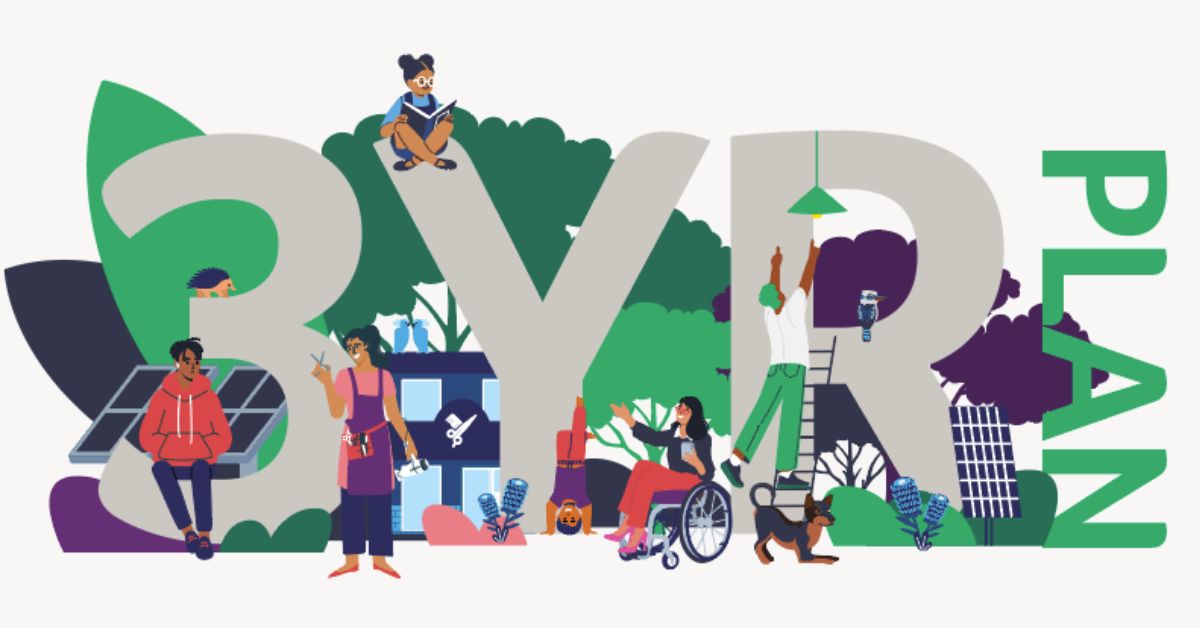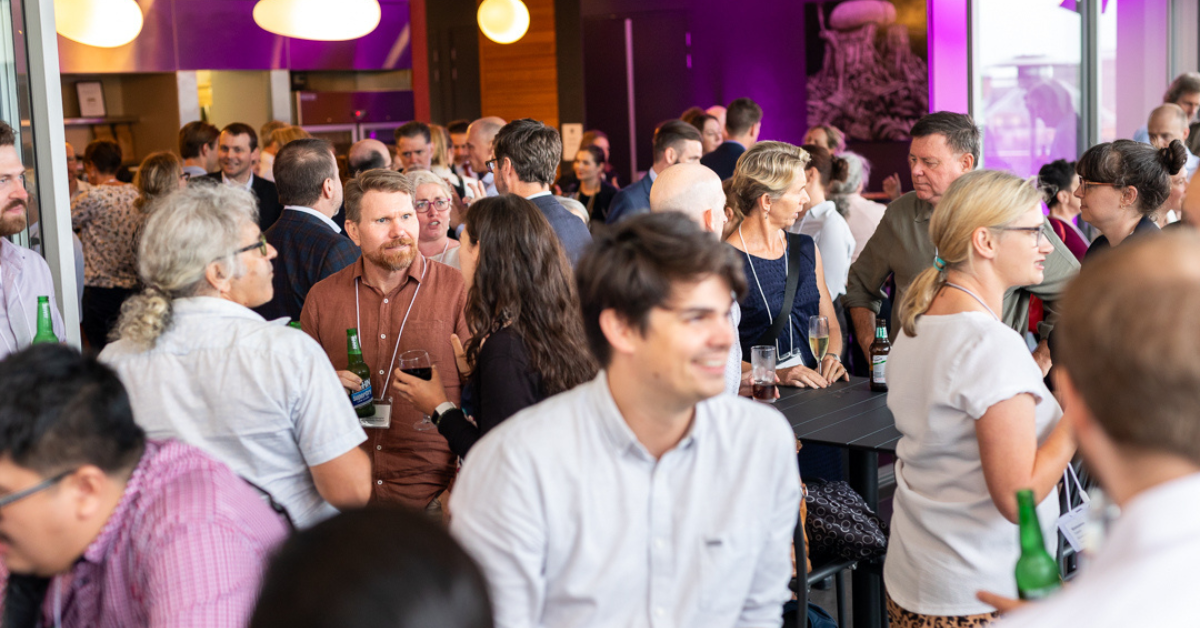How we use energy is changing and that means the ways we plan for the energy system of the future need to change also.
The ways we think and talk about that future cannot be based solely around the traditional supply side of the market, such as how much generation and transmission infrastructure might be required. Energy leaders will need to have greater regard for the demand side of the equation or risk entrenching a future system that is not fit-for-purpose for the way consumers want to live their lives.
As our homes expand to become offices, gyms, schools, entertainment centers and more, facilitated by technology and accelerated by the impacts of COVID-19, it’s critical to take stock and ask: has the energy industry given these emerging consumer needs and expectations the consideration they deserve?
This is what the team at Monash University’s Emerging Technologies Lab is investigating with the Digital Energy Futures project, which captures changing digital lifestyle trends and the subsequent impact on household electricity useage demand in the near to medium-far future, and what this means for energy forecasting.
Future Home Life

Their latest report Future Home Life, which builds on the results from the June 2020 Review of Industry Trends, Visions and Scenarios for the Home, revealed 45 emerging trends across seven everyday practice domains such as working and studying at home, living and play and cooking and eating.
Some of these, such as the growth of electric vehicle ownership, and the development of elaborate gaming and office spaces in the home, might seem like obvious changes. However, when placed against the mainstream industry predictions for future residential living, we begin to see significant discrepancies between industry preconceptions and the perhaps more likely future reality being projected by consumers.
What’s the purpose?
Future Home Life is world-first research that offers a critical perspective on future energy use and the implications for understanding and forecasting future load profiles because it is grounded in everyday life and consumer experience. Using digital ethnographic methods across 72 diverse households, the Digital Energy Futures team asked consumers how they felt their own lives are changing or will change due to digital and energy technologies. The result? 10 key principles for future home life to help guide and inform energy forecasting, energy policy and demand management programs.
The Digital Energy Futures project is being run in partnership with the Australian Research Council, Monash University, Ausgrid, AusNet Services and Energy Consumers Australia. As well as providing crucial funding, our role is to bring additional consumer perspectives through the research we conduct. We also sit on the Project Management Committee, along with the other project partners, to help guide the project, and our CEO Lynne Gallagher sits as Chair of Digital Energy Futures Advisory Committee.
“The report identified that households are becoming increasingly diverse both in terms of the technology they have and the way they use it to manage their energy, which means the timing and level of energy use is also more diverse. It’s also apparent that the ways industry thinks consumers will use technology are not necessarily borne out in practice,” said Lynne Gallagher.
Where’s the value?
“A better understanding of consumer behaviour means we can identify more effective ways to design new energy services and markets that meet consumers’ needs, helping us achieve a modern, flexible and affordable system that delivers energy to households when and how they want it.”
The value of this research in understanding of how Australians will use, produce, store and share electricity, now and into the future cannot be overstated and we were delighted to have Associate Professor Yolande Strengers and Dr Kari Dahlgren, key members of the project team, as part of our first Foresighting Forum webinar on July 1.
We are also incorporating some questions into our Energy Consumer Behaviour Survey (a new addition to our biannual Energy Consumer Sentiment Survey) to help inform the next stage of the Digital Energy Futures project.
Great work done, more to do
As made clear through this work, the past is not a good enough guide for the future when it comes to creating a fit-for-purpose energy system. What we need is observation about what consumers are thinking, saying, doing and what is important to them. That requires consumer-centric research with a future focus, just like this.


